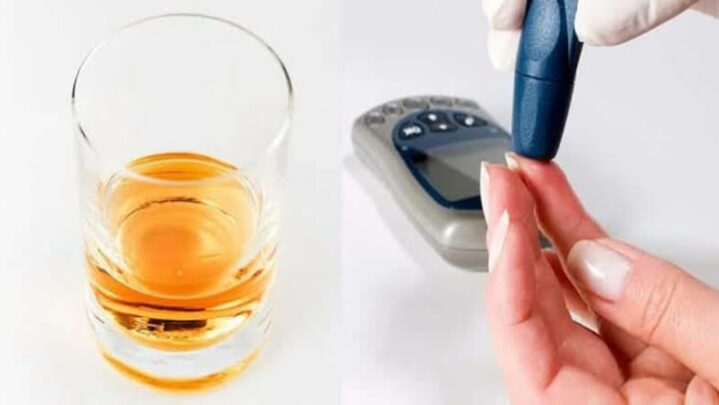Diabetes is a disease that occurs when the levels of blood glucose are unusually high. High glucose levels can cause heart disease, stroke, kidney disease, nerve damage, eye illness, and foot problems, among other things.
Diabetes is divided into two categories based on blood sugar levels. Type-1 diabetes is most commonly diagnosed in children and young adults and is caused by the body’s inability to produce insulin, the hormone responsible for transporting glucose into cells for use as energy. The most prevalent type of diabetes is Type 2 diabetes, which is caused by the body’s failure to respond to insulin. It is more common in middle-aged and older adults, and if you are overweight or obese, you are more likely to get it.
Drinking alcohol might cause your blood sugar to spike or fall if you have diabetes. Furthermore, alcohol is high in calories. If you must drink, do so only when your diabetes and blood sugar levels are under control. One drink of alcohol should be recorded as two fat exchanges if you’re on a calorie-controlled diet. Learn more about how alcohol affects diabetes. It’s a good idea to consult your doctor to determine whether or not drinking alcohol is safe for you.
Other ways that alcohol can influence diabetes include:
- While moderate amounts of alcohol may raise blood sugar levels, excessive alcohol can actually drop blood sugar levels, which can be dangerous, particularly for people with type 1 diabetes.
- Beer and sweet wine have both carbohydrates, which can raise blood sugar levels.
- Alcohol stimulates your appetite, causing you to overeat and disrupting your blood sugar homeostasis.
- Alcoholic beverages are typically heavy in calories, making weight loss more challenging.
- Alcohol can affect your judgment and willpower, causing you to make poor nutritional decisions.
- The benefits of oral diabetes medicines and insulin can be negated by alcohol.
- Alcohol intake can cause a rise in triglyceride levels.
- Drinking alcohol can elevate blood pressure.
- Alcohol consumption causes flushing, nausea, an increased heart rate, and slurred speech.
Keep reading successyeti.com
Also Read: Ways To Handle Finding Adult Content On Your Teen’s Phone





